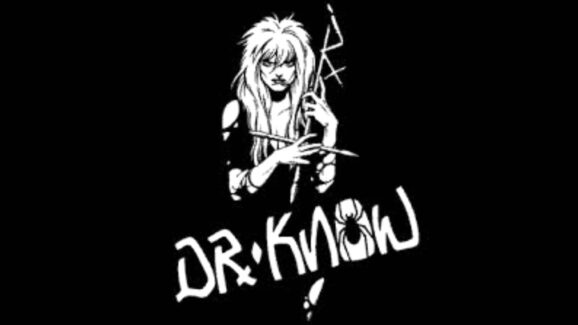[rating=9.00]
As more and more sites and publications become more and more focused on detailing the stories of the moment over the issues that matter, obsessing over number of hits over quality of content, good ol’ fashioned, boots on the ground journalism is becoming a relic from another age. Outlets these days are relying more heavily on the traffic producing content from competing sites, and journalism is sinking deeper and deeper into an echo chamber, with millions of voices all screaming hopelessly into the void in the hopes that their cries will be heard amidst the sea of white noise that modern journalism has become.
As convenient as it might be for the masses to obtain their information through carefully constructed soundbites that reduce the issues of the day to mere bullet points, what we’re losing is something far more important and necessary than all the clicks in the world combined. Longform journalism has increasingly become the marginalized outsider in today’s click bait world. Investigative reporting may not make for conveniently sexy pieces that can be read in brief bursts between moments of productivity, but the past has shown us that deep digging has the power to end presidencies, bring corporations to their knees, enact meaningful social change, and uncover terrible hidden truths.
Invariably, institutions of any sort of power or significance always tend to have skeletons in their closets. Horrifying secrets that, if revealed, could spell the end to their reign. Truths the likes of which were revealed in 2002, when the Boston Globe published the results of a year-long investigation into the practices of the Catholic Church, who for years hid both the knowledge that many of its priests had engaged in sexual abuse of minors and the fact that the church itself was complicit in the cover up, using its vast resources and connections to ensure that the matter was handled “internally” (read: not at all).
It’s this event that is explored in Spotlight, director Tom McCarthy’s (The Station Agent, The Cobbler) latest and best film. It is a tautly scripted journo-noir about the methods and process of uncovering hidden truths and bringing them to light that seems destined to stand in the same regard as All the President’s Men and Shattered Glass in terms of showcasing the inner workings of the newsroom and journalists.
For years, the Spotlight team at the Boston Globe was responsible for some of the best, most invigorating investigative reporting you could find. They were the kind of team that any good local paper should aspire to foster and develop, providing Globe readers with keen insights and hidden secrets at all levels of the city’s (and sometimes state’s) infrastructure. Spotlight follows team members as they begin to explore and uncover the dark secrets of the Catholic Church—the ramifications of which can be felt to this day. Primarily focused on Mike Rezendes (Mark Ruffalo), Sacha Pfieffer (Rachel McAdams), and their editor, Walter Robinson (Michael Keaton), the film details the painstaking extremes the team went through over the course of their investigation—finding sources, verifying stories, and backing up the accusations.
By now, you’ve probably already heard the early Oscar buzz surrounding Spotlight, and that buzz is entirely merited. Keaton, still riding high from last year’s Birdman, feels especially poised to earn acclaim and statuettes come award season. The actor, who frankly should be designated a national treasure and assured a steady stream of work so that we never lose him, dives completely into the role of Robinson, expertly mimicking the editor’s mannerisms and speech patterns in a performance that’s positively sublime.
Spotlight goes into painstaking, near tedious, detail of how the team uncovered the story and all of the obstacles thrown in their way during the process. Between stonewalling lawyers, Catholic higher ups who remained mum on the issue, and the 9/11 attacks, the fact that they were able to get to the heart of the truth at all is something of a minor miracle. McCarthy has gone to great lengths to both showcase the efforts of the journalists at the Globe, presenting their story in a way that’s compelling and thrilling.
If ever there were a time to remember the purpose of journalism it’s now. Journalism is, at its best, the art of finding the truth. In a day where meaningful reporting has been replaced with meaningless pandering, Spotlight serves as a potent reminder of all that we lose when we rely solely on the sound bites, the headlines, and the bullet points.
Spotlight is now playing in theaters everywhere.









